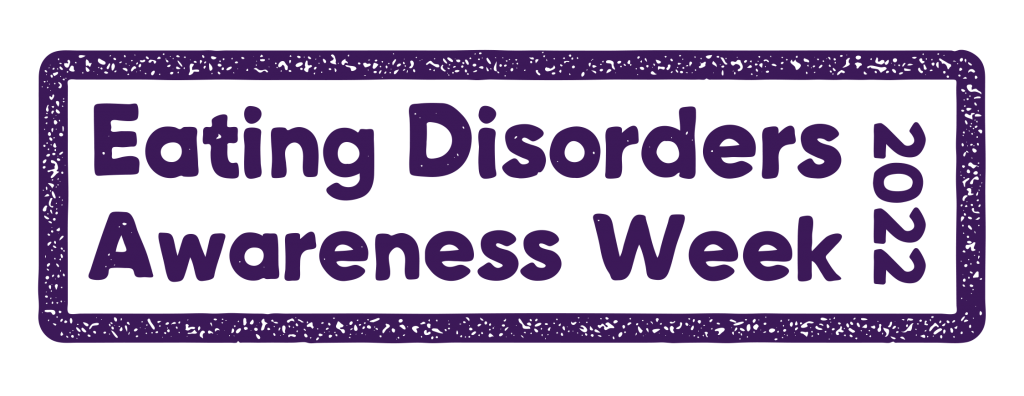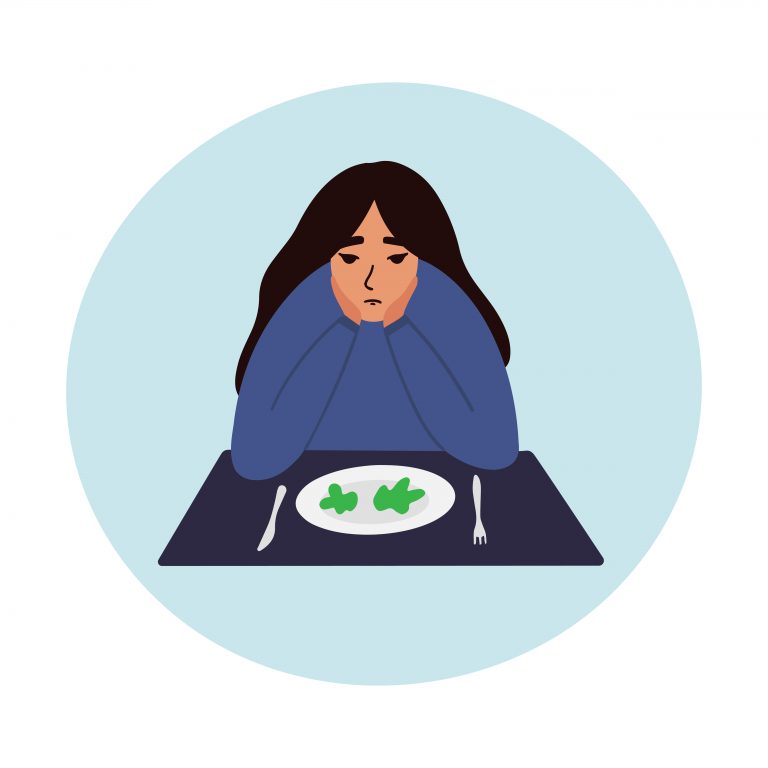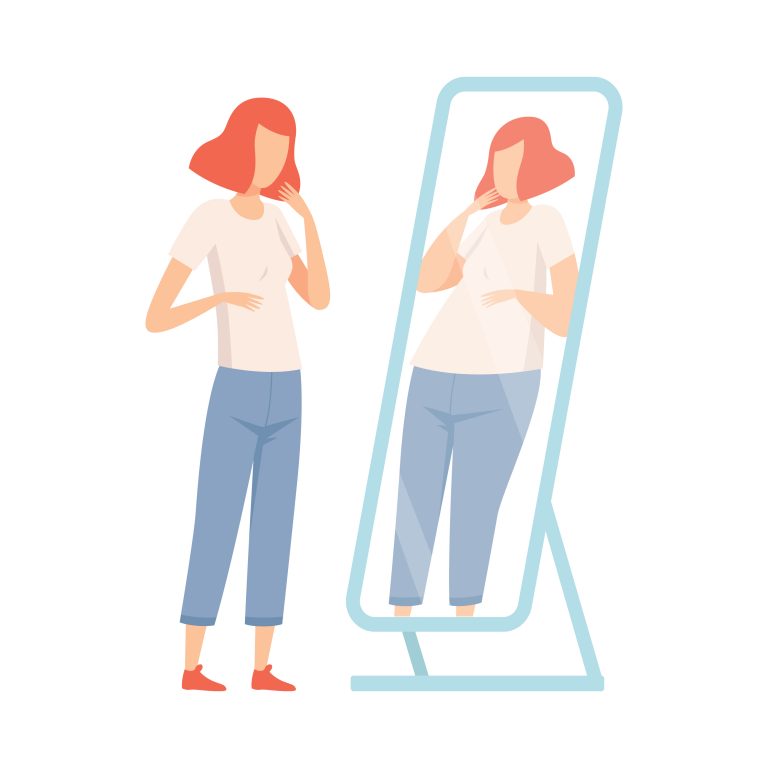
This year’s Eating Disorders Awareness Week runs from 28th February to 6th March, and is organised by UK eating disorder charity BEAT.
Eating disorders such as bulimia nervosa, binge eating disorder and anorexia nervosa, are a serious mental illness, affecting 1 in 50 people in the UK, across ages, genders, ethnicities and backgrounds. It can lead to heart problems and other serious medical conditions.
More eating disorders training for UK junior doctors

BEAT’s Eating Disorder Awareness Week 2022 campaign seeks to shed light on the lack of eating disorder training junior doctors are given.
Most receive less than two hours over the course of their entire medical degree, and 20% of UK medical schools provide no eating disorder training at all. BEAT has developed courses it wants to see used in all medical schools, and you can find out more here.
Raising awareness and early diagnosis
Viki Laakonen, Oxford Health’s Deputy Medical Director, said: “Eating Disorder Awareness Week is really important as it raises the profile and hopefully helps more people to identify when they or someone they love has a problem. By spotting the warning signs you can get on the pathway to treatment and wellness.
“Eating disorders span both physical and mental health and people who suffer from them can face other kinds of ill health and even premature death, so it is really important to catch it early.”
Spotting eating disorder symptoms

One of the services BEAT is keen to shed light on during Eating Disorders Awareness Week is its simple checklist for anyone who may be concerned about a loved one’s relationship with food:
- Lips – Are they obsessive about what they eat?
- Flips – Is their behaviour changing?
- Hips – Do they have distorted beliefs about their body size?
- Kips – Are they often tired or struggling to concentrate?
- Nips – Do they disappear to the toilet after meals?
- Skips – Have they started exercising excessively?
It can help identify if your loved one is suffering with an eating disorder, from simply avoiding certain foods or eating large amounts and then disappearing to the bathroom to purge food, binge eating and then starving themselves, or generally eating erratically.
If you think your loved one is showing other symptoms of an eating disorder, such as dramatic weight loss, cutting food into small pieces, or wearing loose or baggy clothes to hide their weight loss, BEAT has a guide to how best to approach what can be a delicate subject here.
Binge eating disorders and beyond

Of course, eating disorders can go beyond the disorder labels of bulimia and anorexia nervosa. These complex mental illnesses often affect peoples’ feelings of self-worth, sometimes leading to depression and a distorted body image, all of which makes it incredibly hard for sufferers to ask for help and support with their eating.
It can be easy for everyone involved to lose hope. But the really good news is, once diagnosed, it is possible to for people struggling with an eating disorder to recover.
Treatment and recovery
Treatment will depend on the nature and symptoms of the disorder, and is different for all patients. It includes self help programmes, individual support or group therapy, while long-term resources and services such as eating disorder specialists or inpatient treatment are also available.
There are national and local support groups that not only offer information about disorder awareness, they can help people suffering with eating disorders continue their recovery outside a clinical setting, reducing the risk of the disorder recurring.
Get involved in Eating Disorder Awareness Week

BEAT is calling on everyone to speak up about their experiences with a GP, to demonstrate the difference knowledge, understanding and compassion can have for people with binge eating disorder or other forms of the illness.
The eating disorder charity also has a fundraising pack and advice on how to raise awareness about any eating disorder here.
Our commitment to your loved ones
At Age Care Advice, we’re committed to ensuring your loved one stays healthy and happy.
Our Carers and Companions work closely with a range of vulnerable people and elderly adults, and understand the challenges that come with ensuring good nutrition, healthy eating and establishing good relationships with food.
For more information or to book a free assessment please contact us on 01778 219639.
